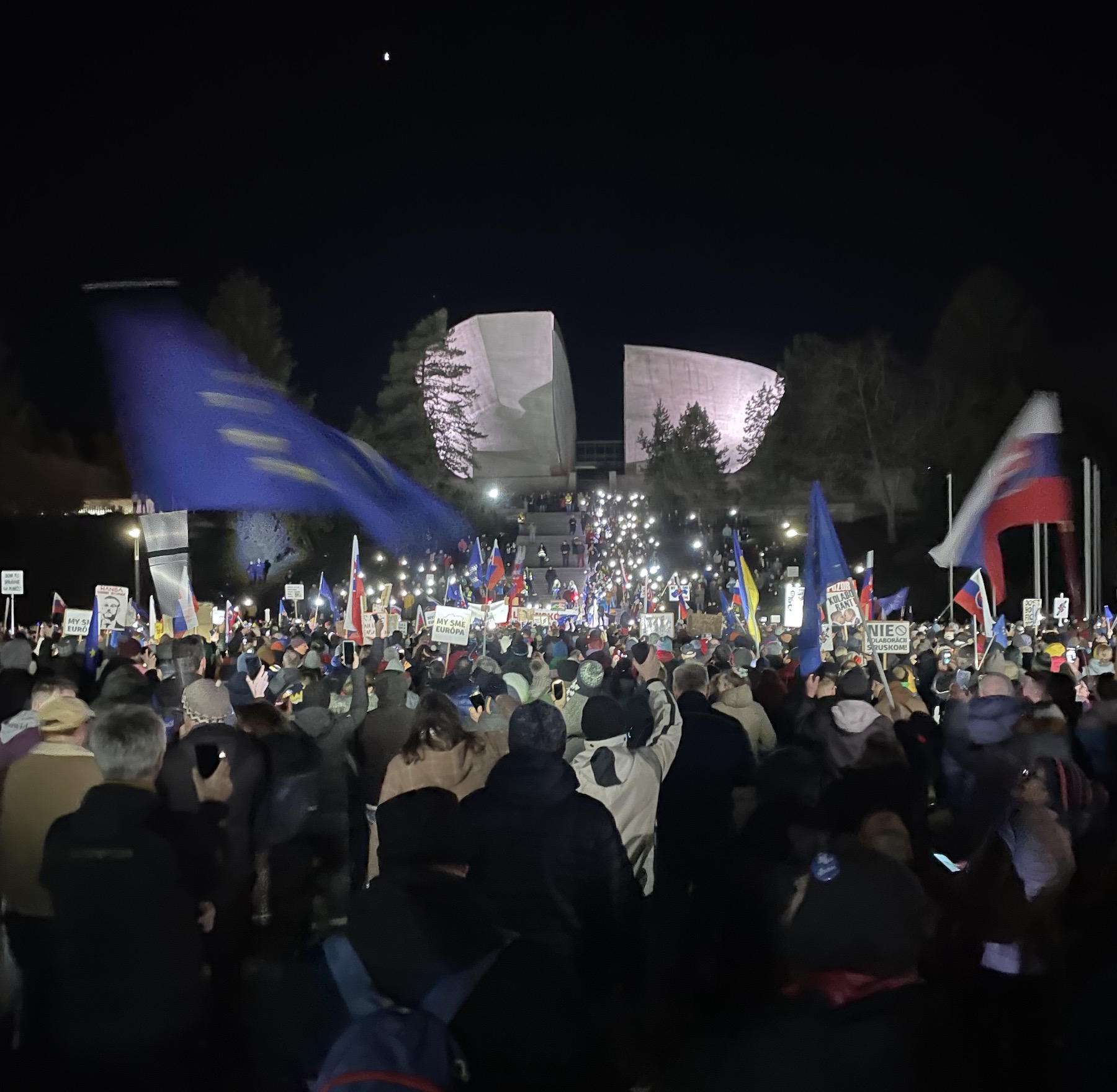
Hi, I'm Richard. On this blog, I share thoughts, personal stories — and what I'm working on. I hope this article brings you some value.
Robert Fico: Dividing Slovak Families Through Politics
By Richard Golian25 January 2025 Castellano Slovenčina
Returning to Slovakia after spending time in Prague, I immediately felt the growing division that has gripped the nation. Under Robert Fico's leadership, policies such as questioning Slovakia's EU membership and shifting the country's foreign policy have polarized not only political discourse but also personal relationships. The result is a fractured society where even family gatherings often become battlegrounds for ideological clashes. While I strongly disagree with Fico's approach, this piece is not about his policies. Instead, it focuses on the societal rift that has widened under his leadership.

The fragmentation of information sources has created two parallel realities, where opposing groups interpret the political landscape through completely different lenses. This polarization has become a significant obstacle to constructive dialogue, leaving little room for mutual understanding.
I see this even within my own family. Increasingly, I question whether it’s worth engaging in debates with relatives about their political views. Is the cost—whether it's heated arguments, sleepless nights, or strained relationships—worth it? For instance, is it worth upsetting my 85-year-old grandmother, who immediately ties any criticism of Robert Fico's government to her belief that younger generations are ungrateful? She often recalls how she had to make do with little in her youth, sewing her own clothes and managing everything on her own, and views today's generation as incapable of such self-reliance. Is it worth causing her sleepless nights or even raising her blood pressure over these discussions?
This raises a critical question: should we even discuss politics within our families? At first glance, this dilemma seems to present a painful choice between familial love and safeguarding the fundamental principles on which our republic and society are built.
But this dichotomy is misleading. Let me explain why.
Initially, I approached this question in precisely these terms. However, I’ve come to realize that the problem often lies not in what we communicate, but in how we communicate it. We often present our arguments in ways that resonate with those who already share our sources of information and worldview. But older generations, who often rely on entirely different sources, see the world differently. If we hope to foster even a basic level of mutual understanding—the foundation for any meaningful change in perspective—we must speak in a language that respects their lived experiences and builds bridges to our own perspective. Change rarely happens overnight; it requires patience and empathy.
This empathy must be paired with love and respect. By empathy, I mean recognizing that few people act out of malice or with the intention of harming Slovakia. Most people, regardless of their political views, genuinely believe they are advocating for what is best for the country. Understanding this is crucial before entering any debate. We must seek to understand why the other side perceives what we see as harmful to be beneficial. Only then can we move forward to articulate why we believe their perspective is flawed.
While change is never immediate, each conversation lays a brick in the foundation of a shared, more accurate vision of what our country needs. I sincerely wish the best to anyone who takes on this challenge.

If you have any thoughts, questions, or feedback, feel free to drop me a message at mail@richardgolian.com.









 570
570